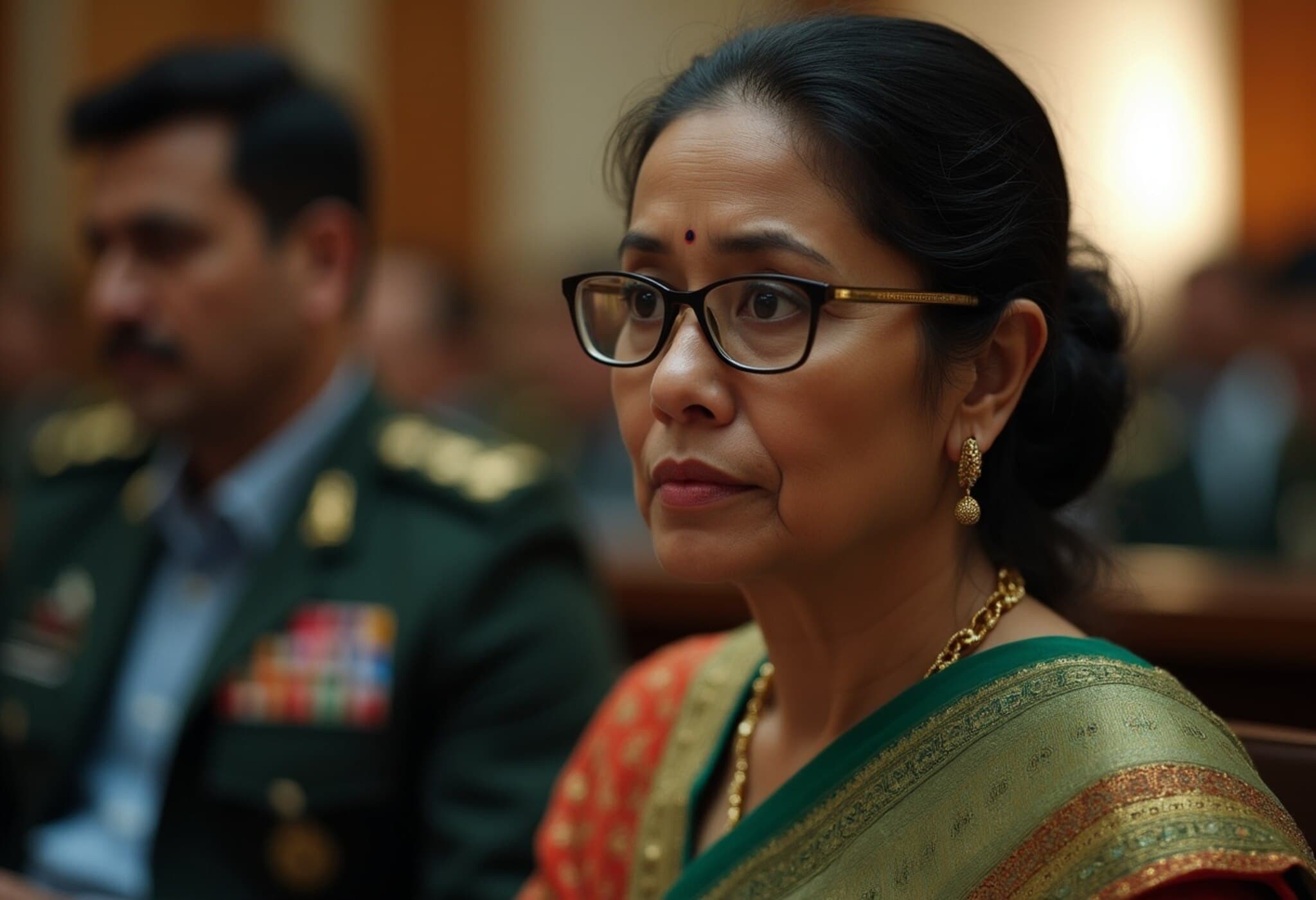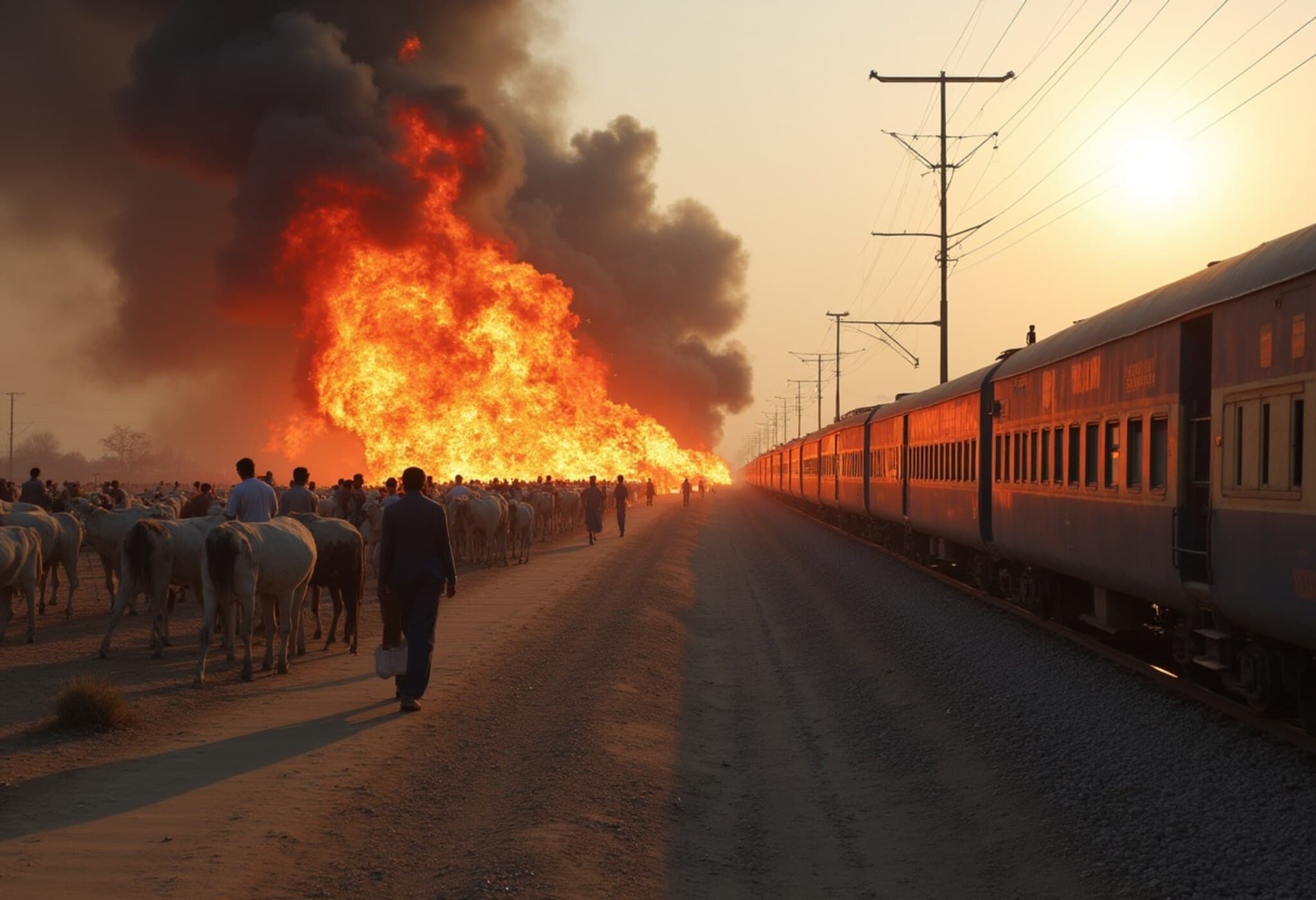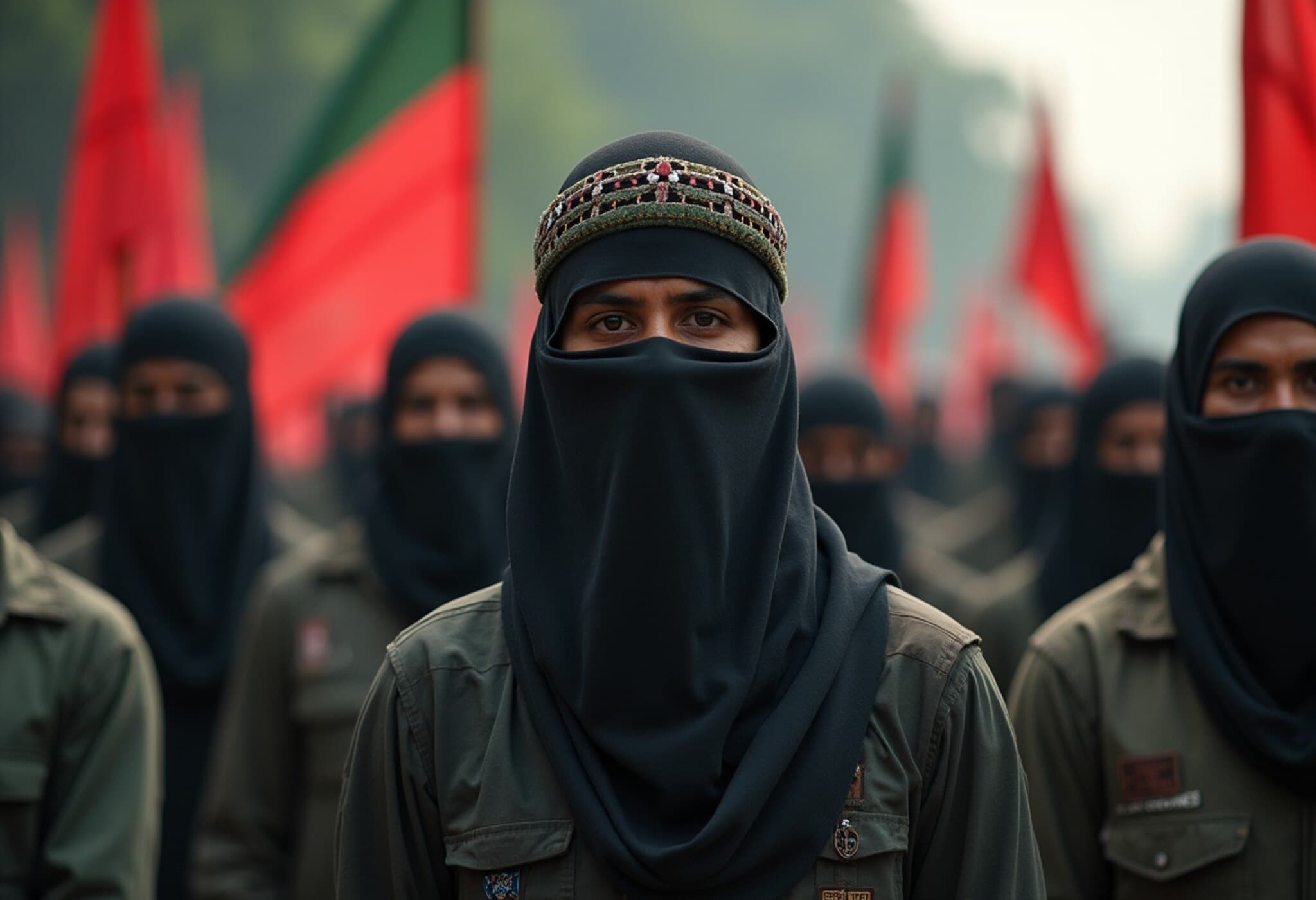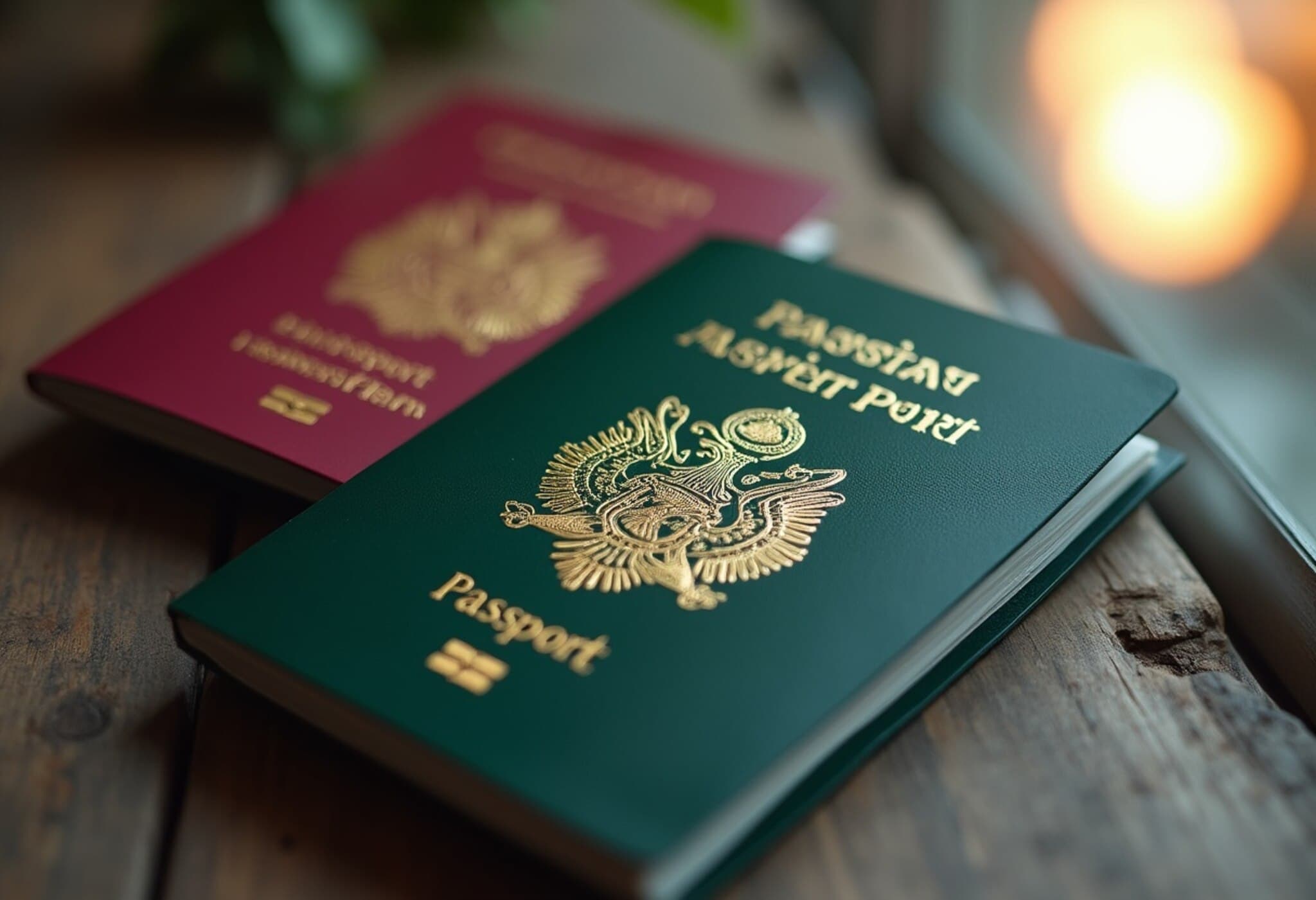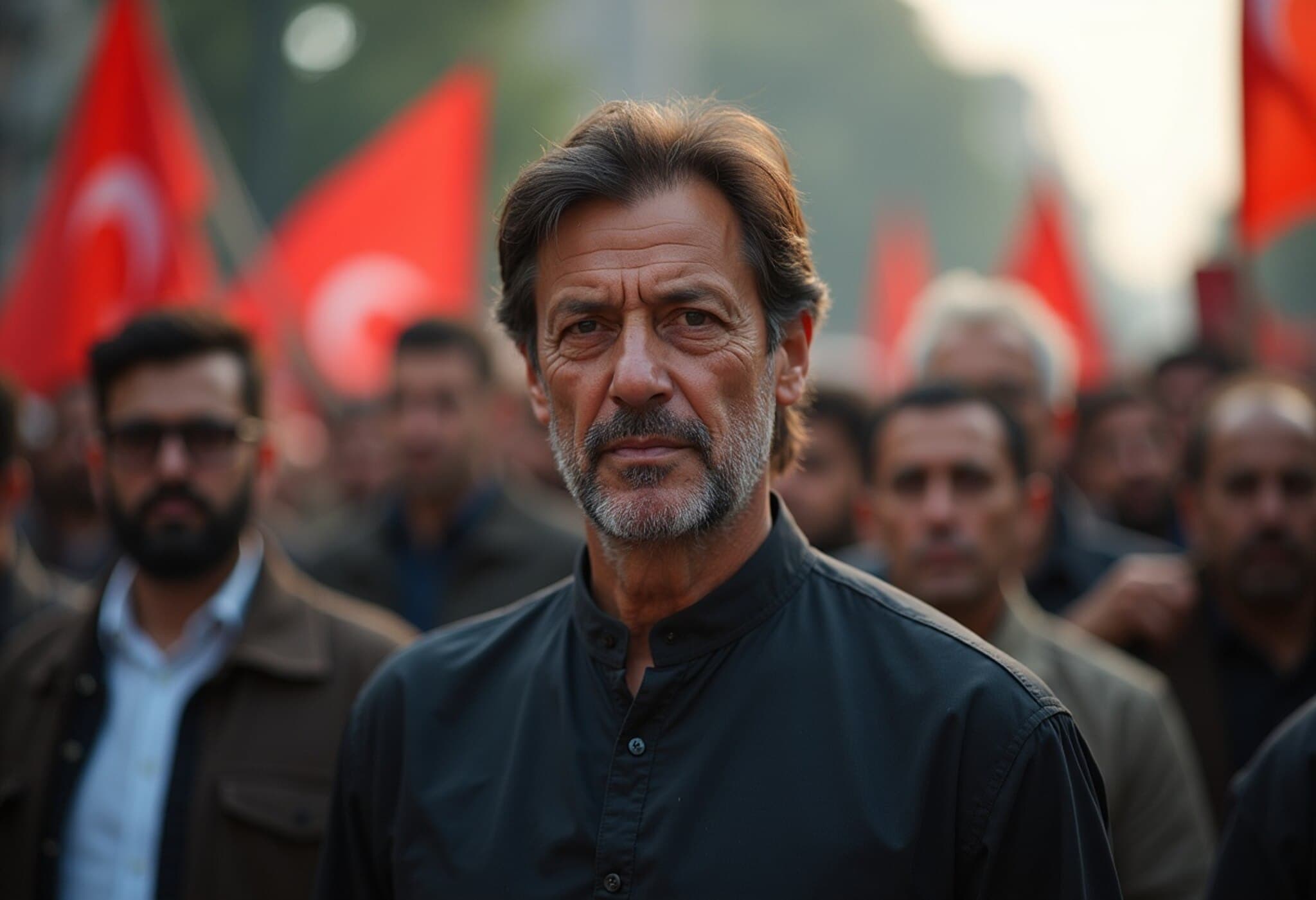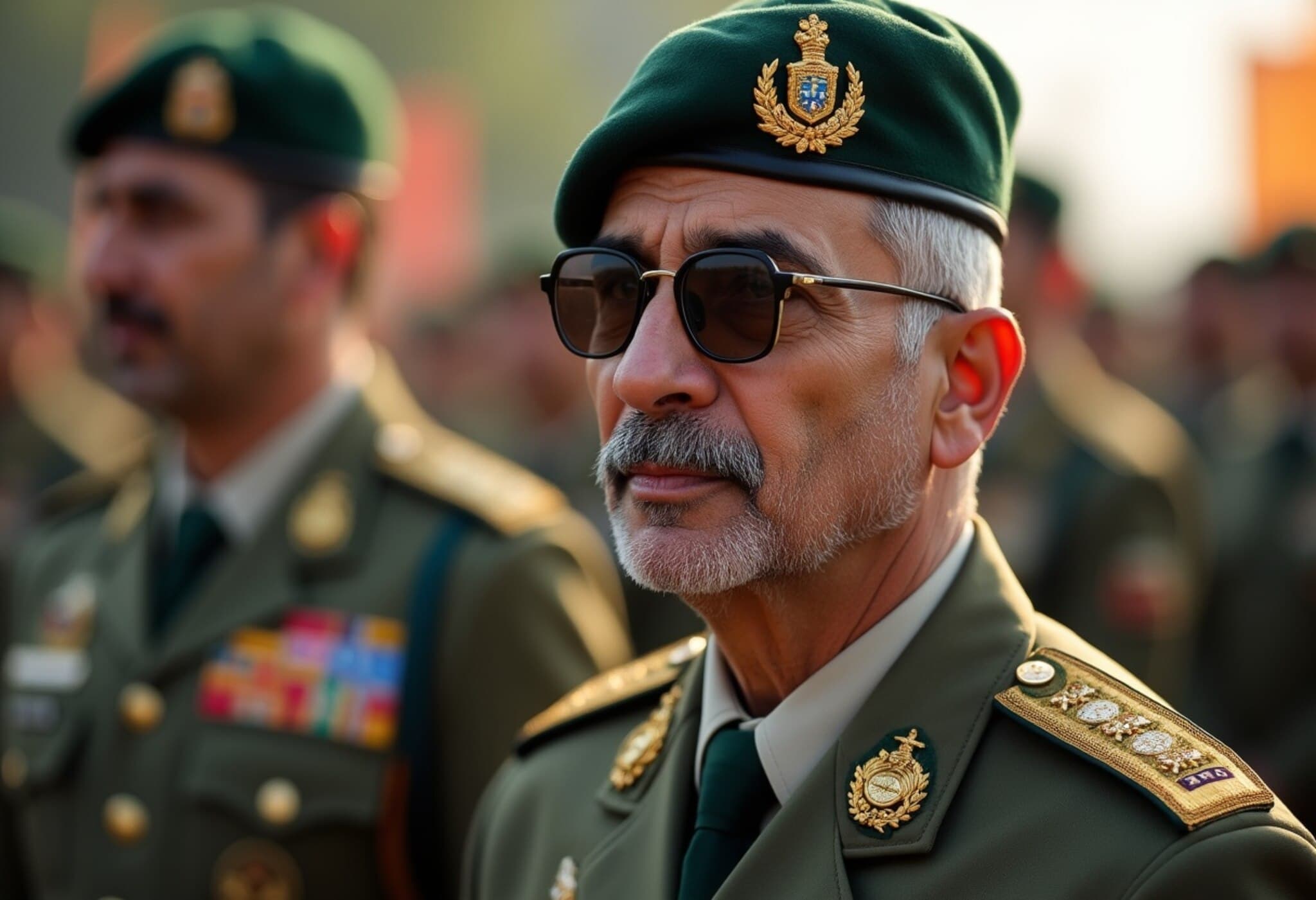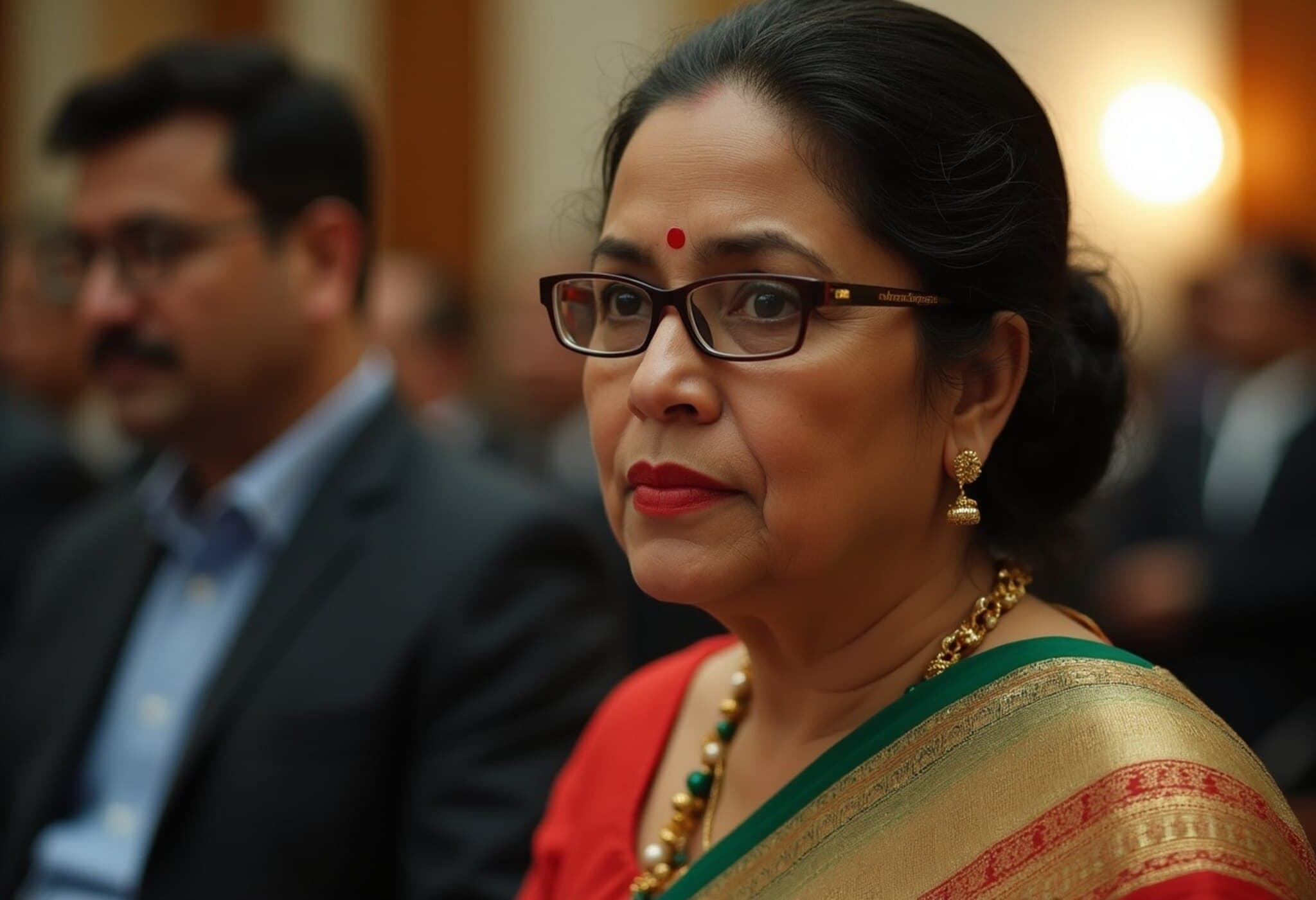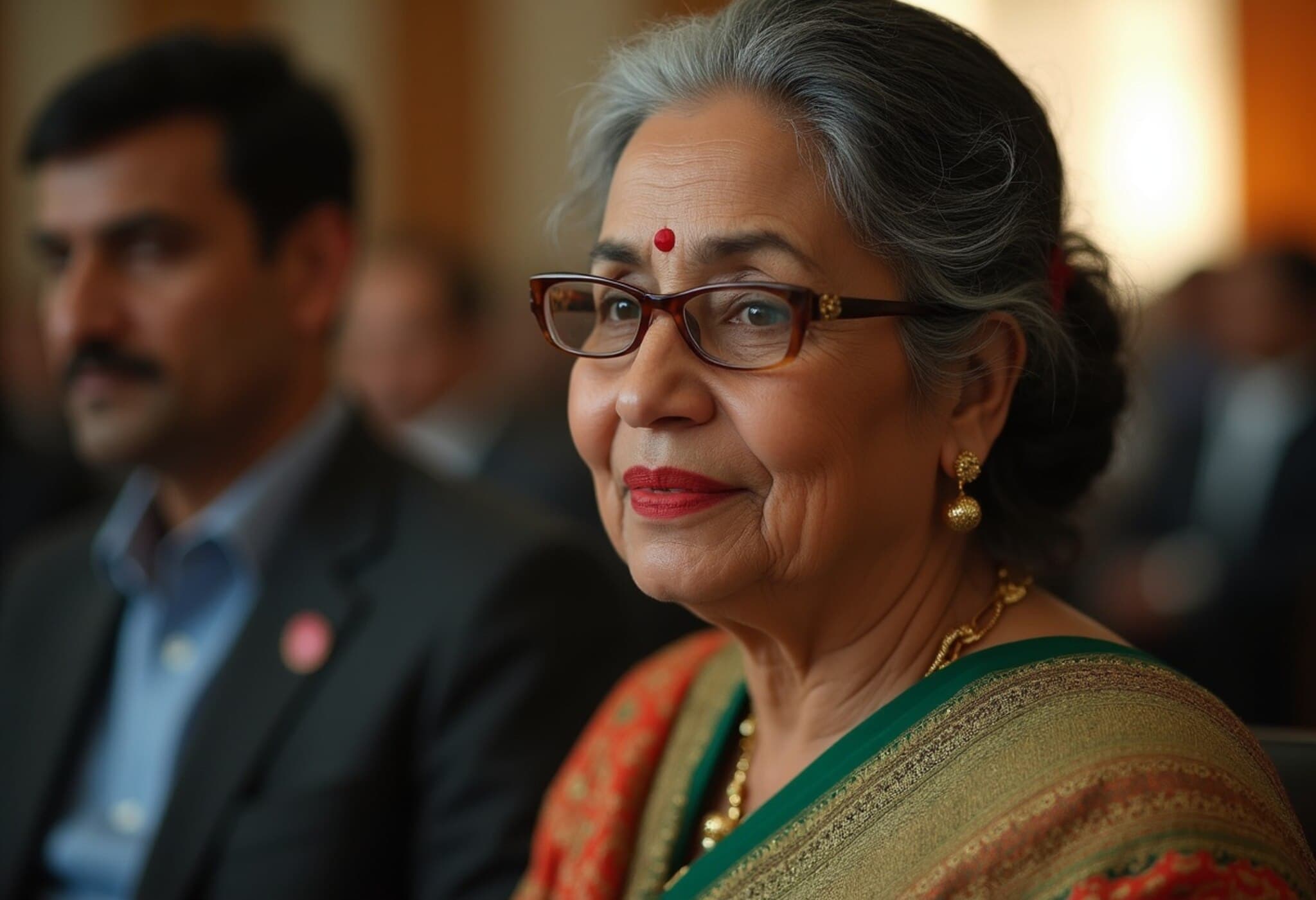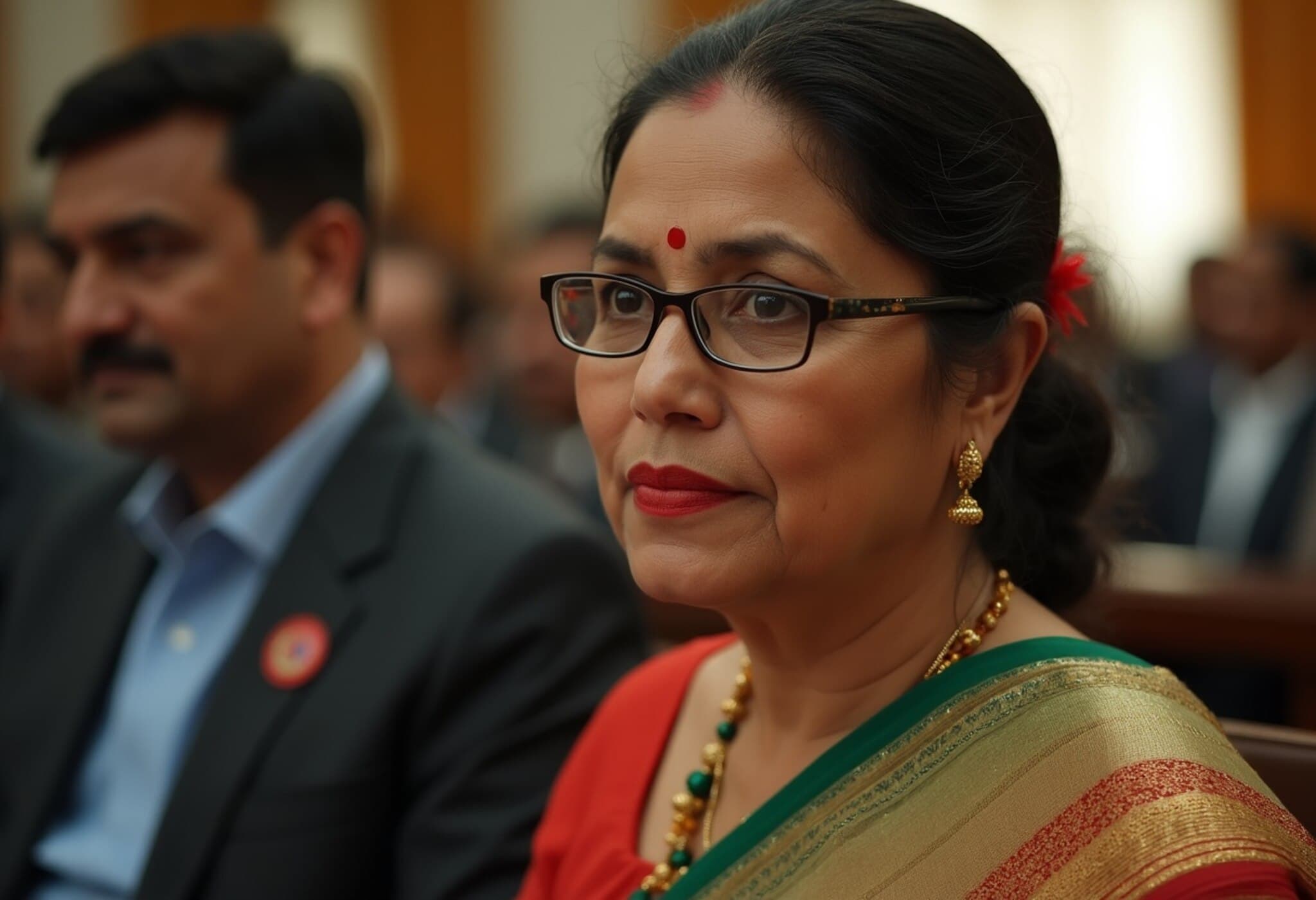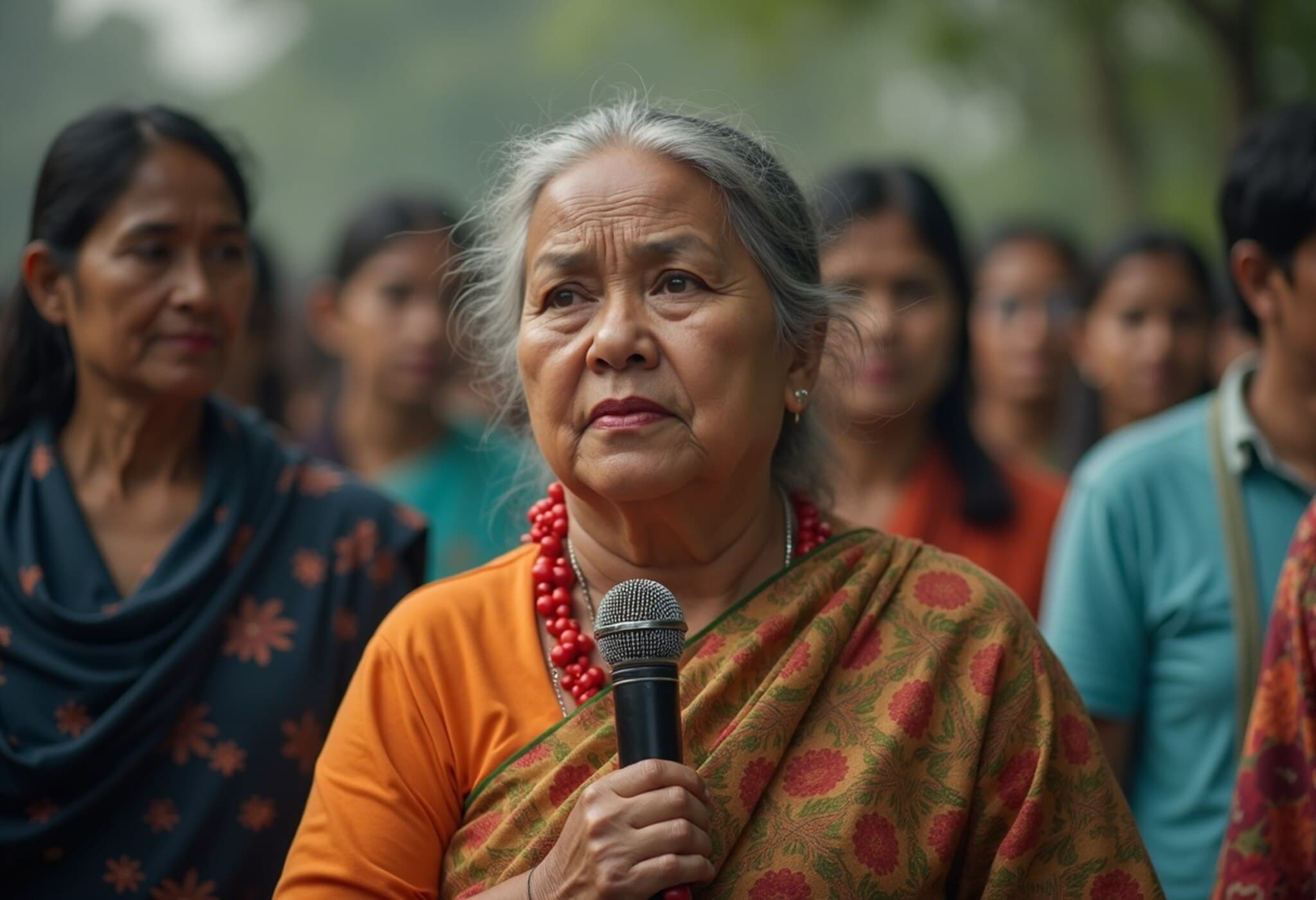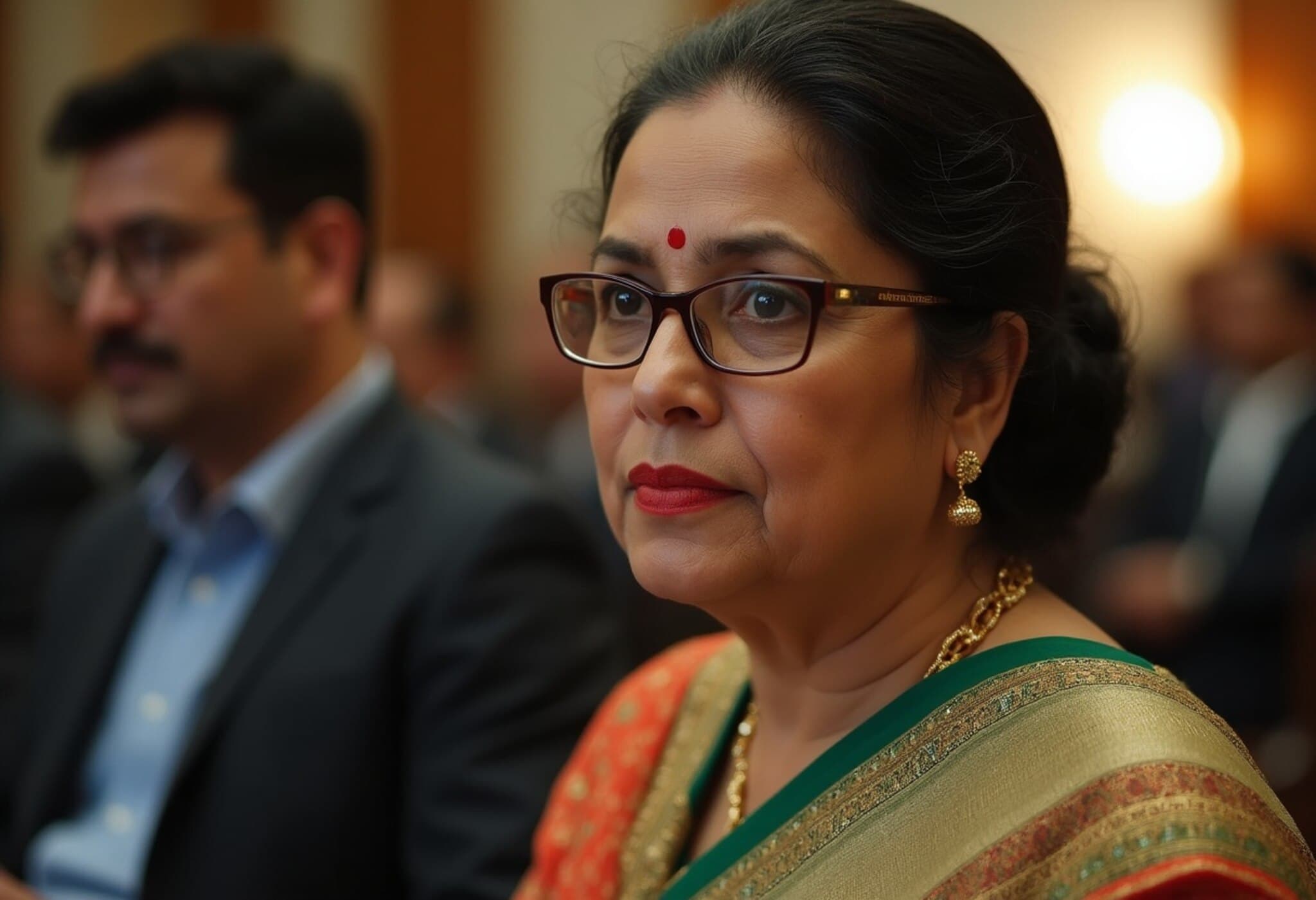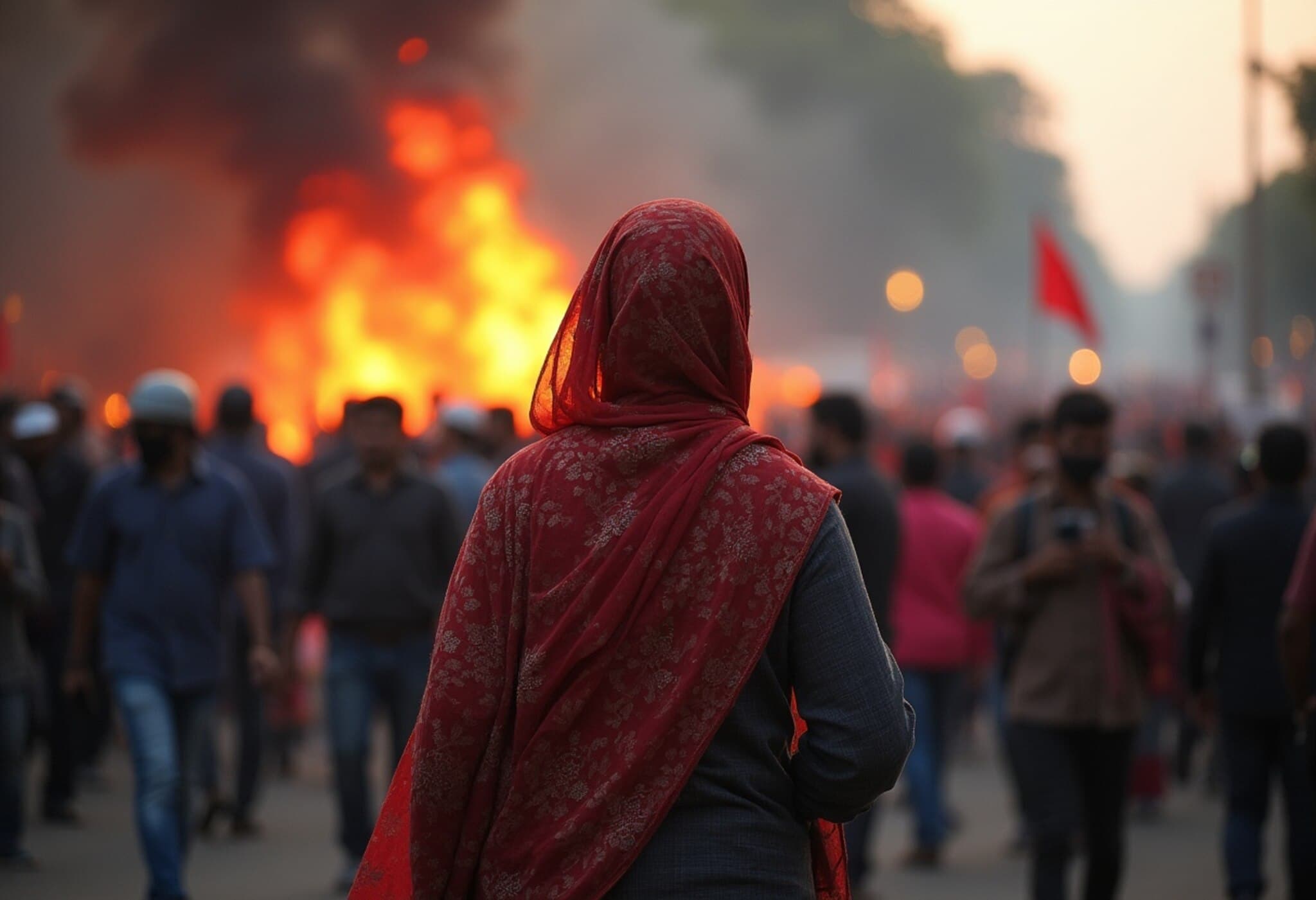Bangladesh's International Crimes Tribunal Opens Trial Against Former PM Sheikh Hasina
On August 3, 2025, Bangladesh’s International Crimes Tribunal (ICT) initiated in-absentia proceedings against former Prime Minister Sheikh Hasina for alleged crimes against humanity. This trial centers on her government’s harsh crackdown during the student-led protests of July-August 2024, which precipitated the downfall of her administration.
Allegations Surround Brutal Suppression of 2024 Student Protests
The charges accuse Hasina of orchestrating state-sanctioned violence that resulted in widespread killings and torture. According to a report by the United Nations human rights office, approximately 1,400 civilians lost their lives between July 15 and August 15, 2024, as security forces violently quelled demonstrations led by the Students Against Discrimination (SAD) movement.
Chief Prosecutor Tajul Islam, appointed by the interim government, painted Hasina as the "nucleus of all crimes" during his opening statement, calling for the maximum penalty allowed under Bangladeshi law. Alongside Hasina, former home minister Asaduzzaman Khan Kamal and ex-police chief Chowdhury Abdullaah Al Mamun have been indicted as co-conspirators.
Defendants’ Status and Extradition Efforts
Following the mass protests that toppled the Awami League government on August 5, 2024, Hasina fled Bangladesh and is currently residing in India. Kamal reportedly sought refuge there as well. While Hasina and Kamal are being tried in absentia, Mamun is in custody and has agreed to act as an approver, potentially providing key testimony in the prosecution’s case.
The interim administration under Muhammad Yunus has formally requested India to extradite Hasina, but New Delhi has yet to respond, highlighting the diplomatic complexities of political prosecutions involving two neighboring countries with historically sensitive relations.
Context: The International Crimes Tribunal and Shifting Political Landscapes
Originally established to prosecute atrocities committed during the 1971 Bangladesh Liberation War, the ICT’s move to charge a recently ousted prime minister signals a profound shift in its role and the nation’s political trajectory. This raises critical debates about the tribunal’s impartiality and the broader implications for rule of law and democratic stability in Bangladesh.
Last month, the tribunal sentenced Hasina in absentia to six months in prison for contempt of court — her first legal sentence since losing power. This unprecedented development reflects the heightened polarization and potentially tumultuous road ahead for Bangladesh’s political future.
Expert Insight: Legal and Regional Implications
From an American policy perspective, the unfolding trial could influence regional security and diplomatic relations, especially between Bangladesh and India, a key U.S. partner in South Asia. Critics argue that politicizing judicial bodies threatens democratic norms, while proponents maintain accountability is essential for justice and reconciliation. The U.S. and other international actors may face pressure to balance support for democratic institutions while addressing human rights concerns.
- Charges focus on crimes against humanity during 2024 protests.
- Hasina and Kamal remain in India; extradition requests pending.
- Trial marks a pivotal moment for Bangladesh’s ICT and political landscape.
- International community watching closely for impacts on regional stability.
Editor’s Note
As Bangladesh grapples with this significant trial, fundamental questions emerge about the independence of judicial institutions and the prospects for national reconciliation. How will this case influence the delicate balance between justice and political vendettas? For readers and policymakers alike, the situation underscores the complexities inherent in transitional justice within volatile democratic contexts. Continued observation and nuanced analysis will be vital as this historic trial unfolds.

